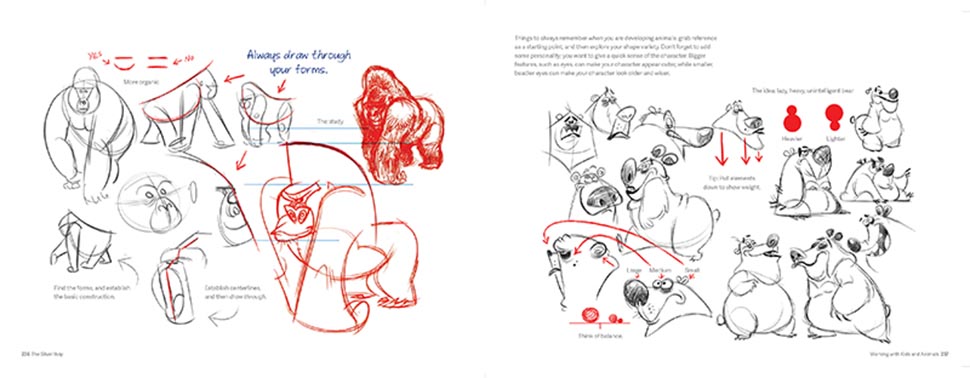6 ways to improve your digital art skills
Daily design news, reviews, how-tos and more, as picked by the editors.
You are now subscribed
Your newsletter sign-up was successful
Want to add more newsletters?

Five times a week
CreativeBloq
Your daily dose of creative inspiration: unmissable art, design and tech news, reviews, expert commentary and buying advice.

Once a week
By Design
The design newsletter from Creative Bloq, bringing you the latest news and inspiration from the worlds of graphic design, branding, typography and more.

Once a week
State of the Art
Our digital art newsletter is your go-to source for the latest news, trends, and inspiration from the worlds of art, illustration, 3D modelling, game design, animation, and beyond.

Seasonal (around events)
Brand Impact Awards
Make an impression. Sign up to learn more about this prestigious award scheme, which celebrates the best of branding.
It's always very much worth it to improve your digital art skills. Like all other creatives, even professional digital artists have much to learn, and in order to avoid stagnating and being left behind, you'll constantly need to push and challenge yourself as a creative.
This doesn't mean simply learning new software techniques or making sure you've got the best pencils or one of the best drawing tablets available. Improvement in your field is also about refreshing and refining those core art skills that help you to create brilliant visuals, whatever your medium. In this post, we look at five ways to improve your digital art skills with a mixture of some of our most popular tutorials on Creative Bloq, along with handy reading lists on everything from portrait skills to character design.
01. Sketch regularly
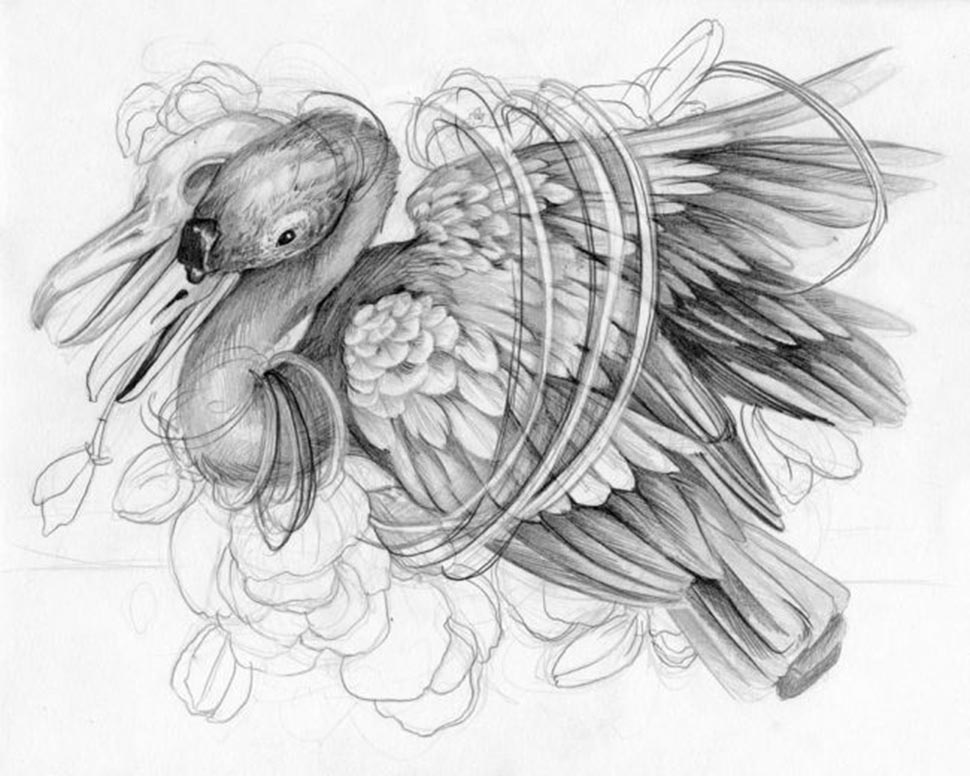
Whether you use a pen and paper or tablet and stylus, regular sketching is an essential way to maintain and improve your skills.
American artist Terryl Whitlach, who’s known for her creature designs for Lucasfilm, says: “It’s important to get better as an artist, and to have a platform to experiment, mess up, try again – and again – and grow. Sometimes, things just don't turn out, but that is the process of getting out of one’s comfort zone, and getting better.”
Regular sketching can also help you come up with concepts and ideas that you may not reach through other routes.
Fantasy artist Tony Diterlizzi, says: “I often sketch random ideas conjured from a relaxed state of mind. Accessing this part of my imagination allows me to sketch out unusual ideas, which I can later incorporate into finished illustrations.”
Online sketching resources
Daily design news, reviews, how-tos and more, as picked by the editors.
For advice on how to settle into a productive sketching regime, check out these sketching tips for beginners and advice on how to improve your sketching skills from leading international artists.
Also don't miss our round up of the best tablets with a stylus pen for drawing.
02. Work on your figure drawing
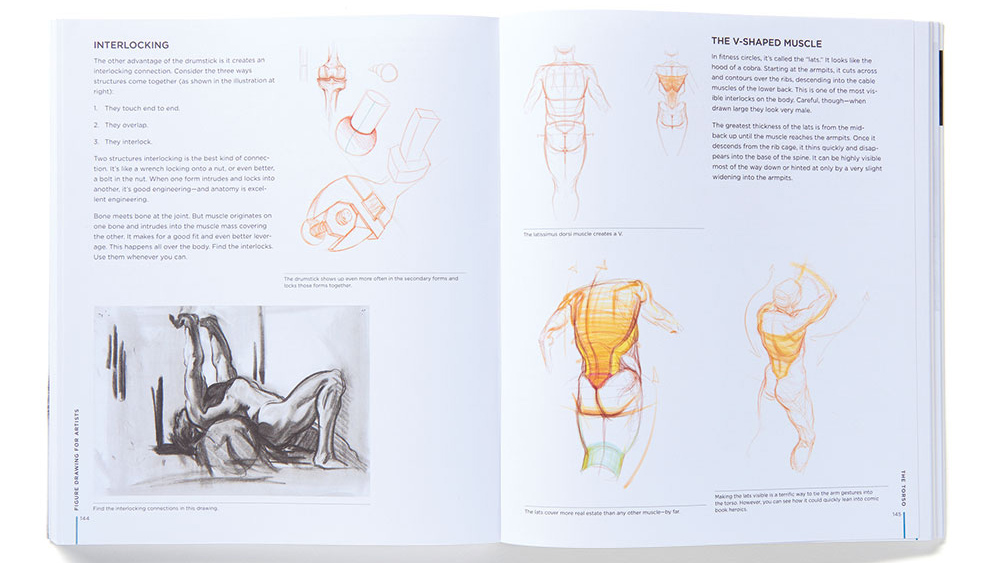
Figure drawing – the accurate reproduction of the human form in various shapes and postures – is a core skill for any artist, digital or otherwise, and always worth working on.
The best way to learn the basics is, of course, by attending life drawing classes. But there are ton of books out there to help you, too: here are some of our favourites. Or else see our best figure drawing books.
Books on figure drawing
Figure Drawing for Artists by Steve Huston serves as a good introduction to the subject. It's an accessible book that covers all the principles and practices of figure drawing without ever feeling academic or overly complex.
Human Figure Drawing by Daniela Brambilla, meanwhile, is less concerned with theory and more about encouraging you to practise, practise, practise. It does this by setting a series of exercises and encourages you to learn by doing – all the while learning from your mistakes.
A more suitable read for experienced artists is perhaps Figure Drawing for Concept Artists by Kan Muftic, who has created concept art for movies like Guardians of the Galaxy, Jungle Book and Godzilla.
In this, the concept artist outlines systematic methods to advance your life drawing: the three-tiered approach (observe, process and apply); the Reilly Method; shadow mapping; negative space and shapes; and more.
Muftic also reveals how Henry Yan once asked him, “Are you a digital artist? Muftic replied, “Yes, why do you ask?”. Yan shot back, “Well, you just move your hand around mindlessly, hoping that something comes out of the mess.”
- Figure Drawing for Artists by Steve Huston serves as a good introduction to the subject. It's an accessible book that covers all the principles and practices of figure drawing without ever feeling academic or overly complex.
- Human Figure Drawing by Daniela Brambilla, meanwhile, is less concerned with theory and more about encouraging you to practise, practise, practise. It does this by setting a series of exercises and encourages you to learn by doing – all the while learning from your mistakes.
- Figure Drawing for Concept Artists by Kan Muftic is a more suitable read for experienced artists. The artist behind the book has created concept art for movies like Guardians of the Galaxy, Jungle Book and Godzilla, and their book outlines systematic methods to advance your life drawing: the three-tiered approach (observe, process and apply); the Reilly Method; shadow mapping; negative space and shapes; and more.
- The Anatomy of Style: Figure Drawing Techniques by fantasy artist Patrick J Jones you may like if your main goal is to achieve anatomic accuracy. This book has annotated versions of his own pencil drawings to get human anatomy right, without ever losing sight of creative vision.
Online figure drawing resources
Away from the printed page, there are number of online articles that show how these principles are put into practice by top artists.
In this how to begin a figure drawing tutorial Chris Legaspi takes you through all you need to know to get started drawing figures.
Similarly, in our figure drawing beginner's guide, Patrick J Jones demonstrates how he draws from life without slavishly copying what he sees.
Finally you can perfect your figures with an anatomy masterclass, as Glen Vilppu shares with us tips and tricks for getting your figures just right.
03. Develop your portrait skills
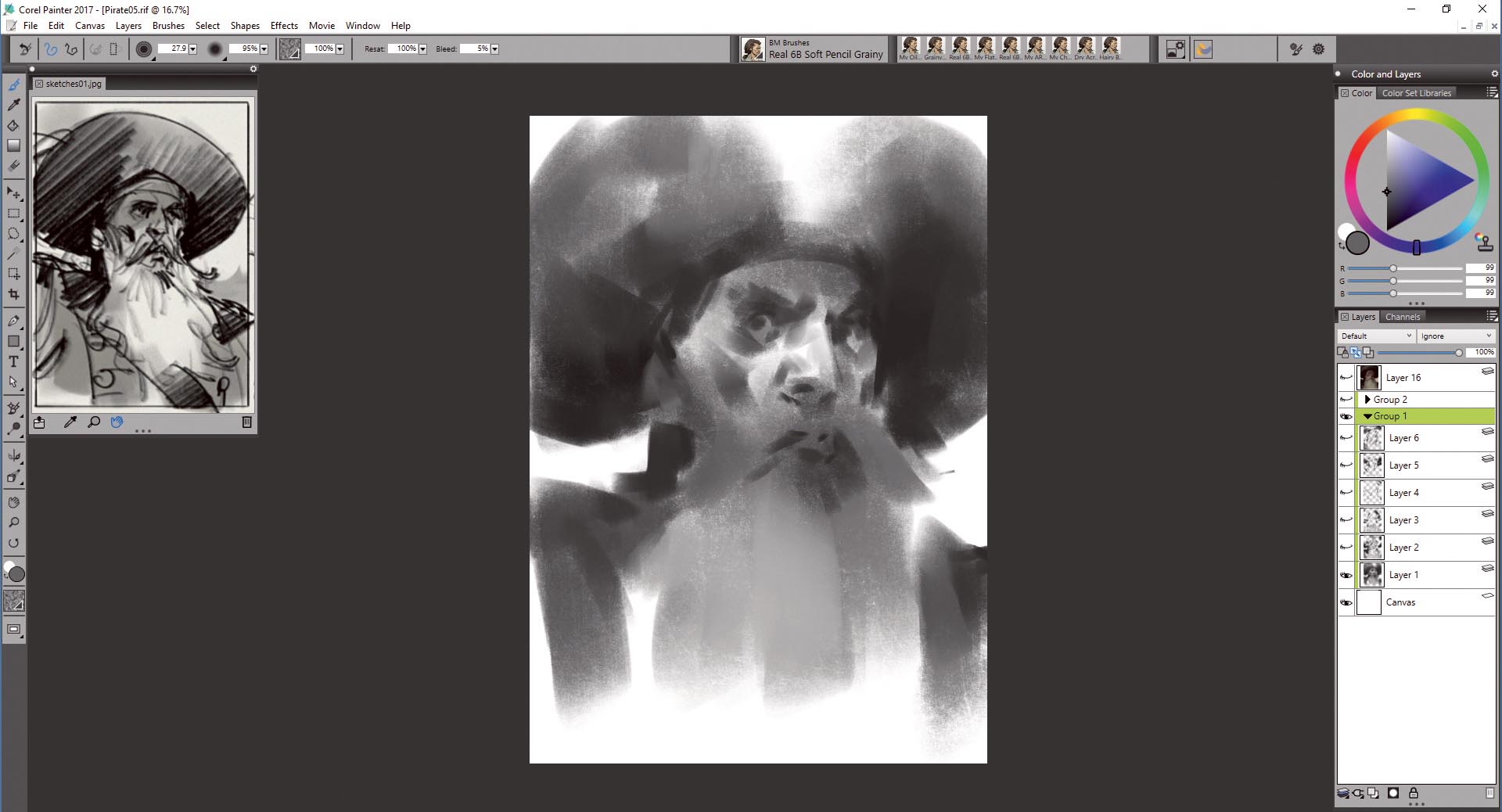
Portraiture, whether drawn from life or the imagination, is another fundamental skill that every artist aims to master.
Books on portrait skills
One of the best recent introductions we’ve seen to this subject is Draw Faces in 15 Minutes by art expert and teacher Jake Spicer. Based on pencil drawing, this easy-to-follow book breaks down its subject into comprehensive stages.
You’ll learn how to construct a basic portrait sketch, then go on to discover how to develop your drawings and make them more lifelike.
Online portrait skills resources
When it comes to developing your portraits digitally, the following tutorials demonstrate some interesting approaches. For example, this tutorial on how to create a striking figure in watercolour shares how you can combine watercolours and Photoshop to create stunning results.
You'll also appreciate this video walkthrough by award-winning Photoshop brush maker Kyle T Webster demonstrates how to create an Edvard Munch-style portrait in Photoshop CC.
04. Perfect your animal art skills

Moving away from humans, it's always worth brushing on your animal drawings, and Creative Bloq leads the way with tops tips on digitally drawing the animal kingdom.
Acclaimed artist Aaron Blaise has some amazing tips on how to draw animals, offering observational and illustration advice to help you master the art of drawing bears, wolves, and more.
For something more playful, you can also deep dive into Noukah's guide on creating characterful creature art. Noukah, who’s also known as Andrea Femerstrand, works fulltime as a game artist at King, and in their tips piece lets you discover how to add personality to creatures and characters that will make audiences care and maybe even fall in love a little.
05. Evolve your character drawing skills
Improving your character drawing is largely about practice, hard work and inspiration. But there are some useful pointers to be learned from the pros as well.
Essential resources on character design
One of our favourite books on character design is The Silver Way: Techniques, Tips and Tutorials for Effective Character Design by Stephen Silver, who’s worked on animated TV shows such as Kim Possible as well as running the Silver Drawing Academy.
His fun, colourful 250-page book packs a huge amount of advice and instruction, and covers a number of unusual techniques such as ‘memory sketching’, ‘blind feeling’ and ‘throwing up on the page’ that could help you bring your character drawing to the next level.
There’s also a lot of great advice online about character design which you can peruse. For example, check out our how to improve your character drawing tutorial by legendary artist Aaron Blaise, top character design tips from leading illustrator Jon Burgerman and Mina Petrovic’s step-by-step explanation of how to draw a manga character.
06. Understand composition
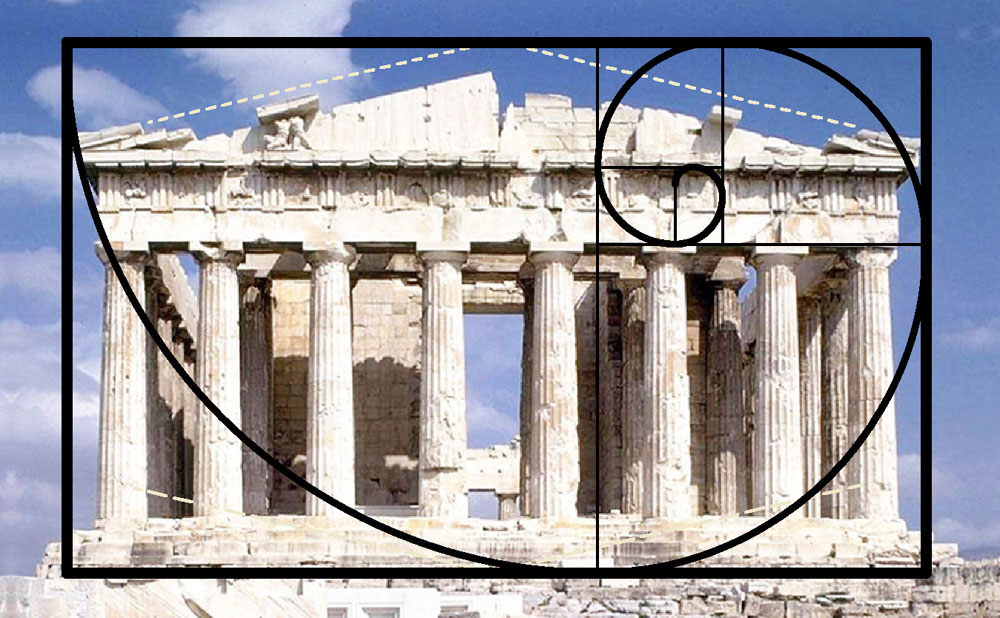
Whatever kind of art you’re producing, composition is key. If you’re struggling with composition, it’s worth learning or refreshing the key principles behind it, such as with our designer's guide to the Golden Ratio and this handy tutorial on how to use the rule of thirds in art.
You’ll find a quick refresher in these pro tips to create powerful artistic compositions from artist Dan Dos Santos.
And to take your compositions a step further, discover how to create dynamic movement in a composition with Chris Rathbone's tips and tricks.
Read more:
- All the brilliant Photoshop tutorials you NEED to try
- Illustrator tutorials: Lessons to boost your skills
- Rebelle 6 review

Tom May is an award-winning journalist specialising in art, design, photography and technology. His latest book, The 50 Greatest Designers (Arcturus Publishing), was published this June. He's also author of Great TED Talks: Creativity (Pavilion Books). Tom was previously editor of Professional Photography magazine, associate editor at Creative Bloq, and deputy editor at net magazine.
